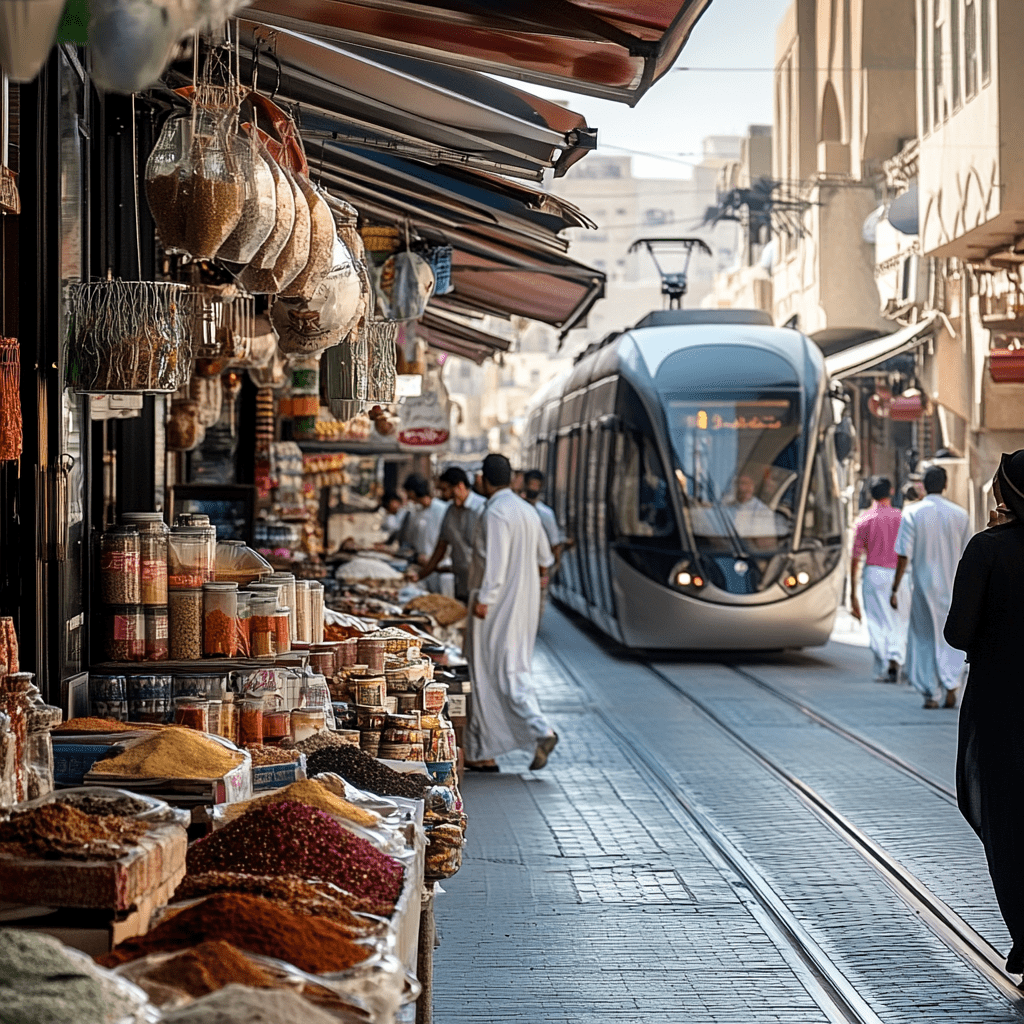
Dubai’s cost of living is rising in 2025, but that doesn’t mean maintaining a high-quality lifestyle is out of reach. From smart budgeting and cost-effective housing options to transportation savings and savvy dining choices, there are plenty of ways to manage expenses while still enjoying everything Dubai has to offer. This in-depth guide explores the factors behind increasing costs and provides actionable strategies to balance luxury and affordability in Dubai’s evolving landscape.





